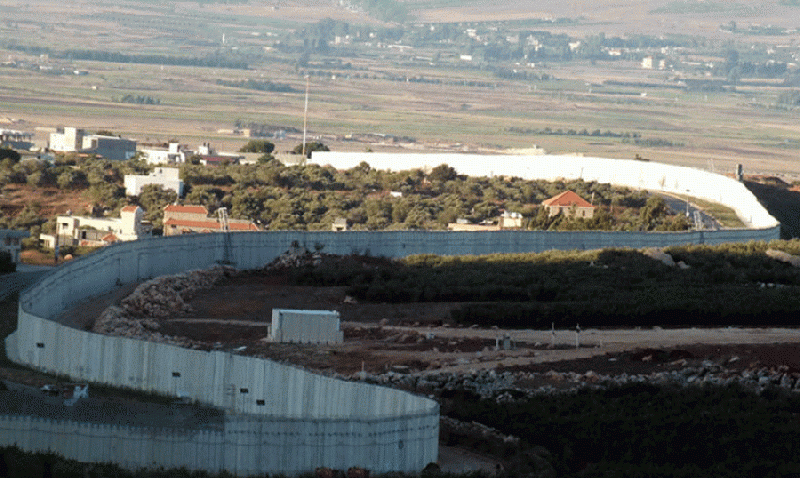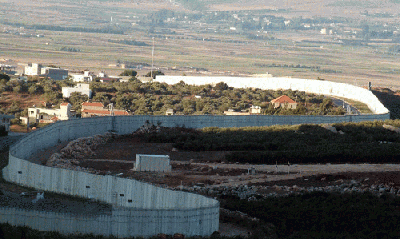Lebanon is keenly observing the ceasefire negotiations in Gaza, as their success would mean a halt to the war along its borders, which has now entered its tenth month. Additionally, there is a Lebanese interest in the arduous negotiations that will follow a potential ceasefire in Gaza, relating to arrangements that ensure calm and stability along the Lebanese-Israeli border for a prolonged period. A ceasefire and halting of fire are not final as long as peace is not established in the Middle East.
Despite reassurances from American-French agreements regarding the main points of establishing a plan to stabilize the land borders, several key issues remain unresolved and will be the focus of extensive discussion. This does not cause concern among the Lebanese as long as the sounds of artillery and aircraft have ceased, allowing the state to resume its operations by directing all efforts toward electing a president.
An informed source told "Al-Anbaa" that the main points requiring discussion and interpretation are:
First: Resolution 1701, and whether it will be fully applied, ensuring that all parties adhere to it and that Israeli violations by land and air cease, alongside Hezbollah's compliance with the resolution regarding its armed presence. Or will the loopholes deliberately included in the resolution during the 2006 war continue to exist, which were necessary to reach an agreement and without which it would have been difficult to achieve a ceasefire?
Second: Will there be a move towards adopting the 1949 armistice agreement as a reference for resolving the situation at the border? This includes addressing the 13 disputed border points, which appear to no longer be a major issue following recent communications. Additionally, there is the question of the fate of the Shebaa Farms—will this be included in the discussions and receive a final designation, or will it remain under the resistance’s control? Consequently, the situation will remain susceptible to volatility with any regional disturbances, as the resistance will assertively demand freedom of movement for its fighters while allowing Israeli air activity unrestricted access in Lebanese airspace.
Third: With the renewal date approaching for UNIFIL, questions arise regarding whether its mandates will change in line with any alterations to the rules governing the border area and the scope of these forces' operations, should an agreement be reached on the new situation in the southern region. Here, some believe it is necessary to pause in drafting the renewal request, knowing that the Lebanese side opposes any modification in the functions of these forces and emphasizes the need for continuing coordination with the Lebanese Army while rejecting any proposals concerning Chapter Seven.
Returning to the ceasefire negotiations in Gaza, an informed source told "Al-Anbaa": There is a sense of optimism regarding the possibility of these negotiations succeeding within a reasonably short timeframe, unless Benjamin Netanyahu's government attempts to delay until after his visit to Washington in the last week of this month and his address before the U.S. Congress.
The source observed that several factors contributed to Israel's willingness to sit at the negotiating table, chief among them being American pressures as the presidential election approaches and concerns that prolonging the war could harm U.S. interests in the region. Furthermore, there is a sharp division in the Israeli street regarding the continuation of the war and failure to release hostages, with fears that this divide may widen if the war continues without achieving results, according to "Al-Anbaa" Kuwait.




